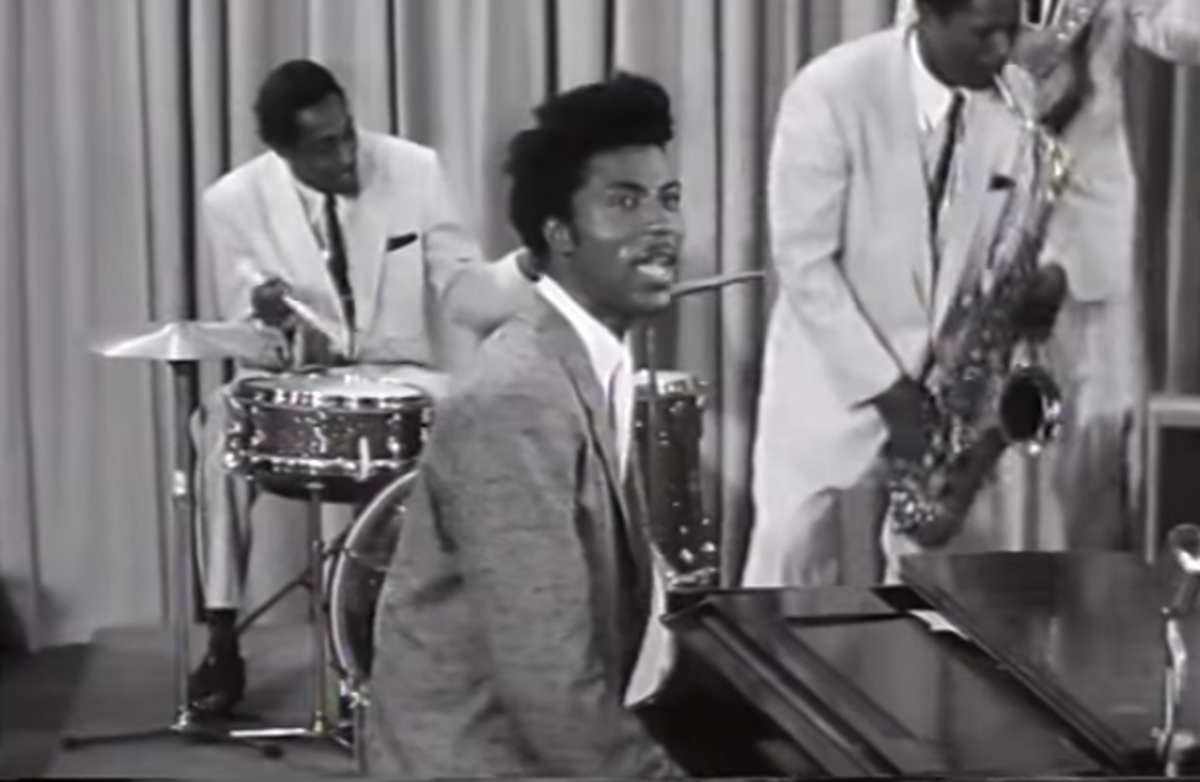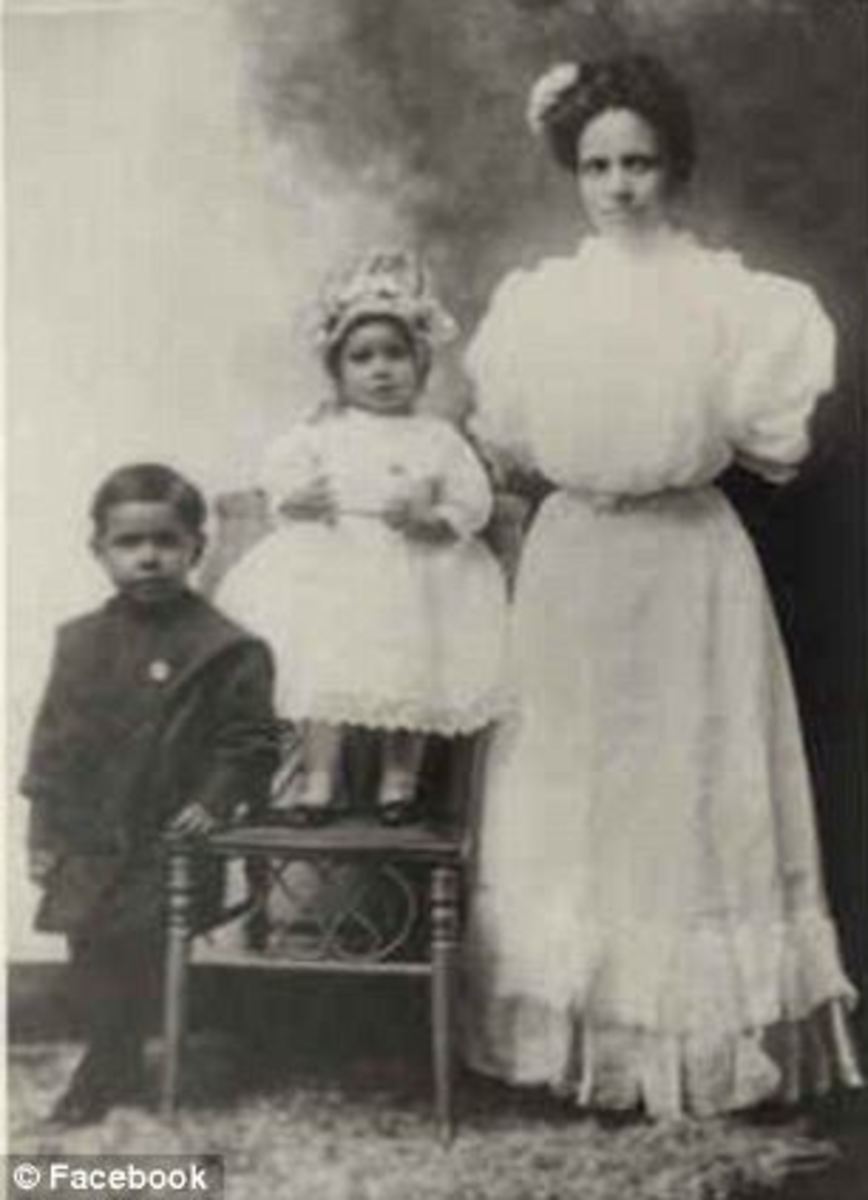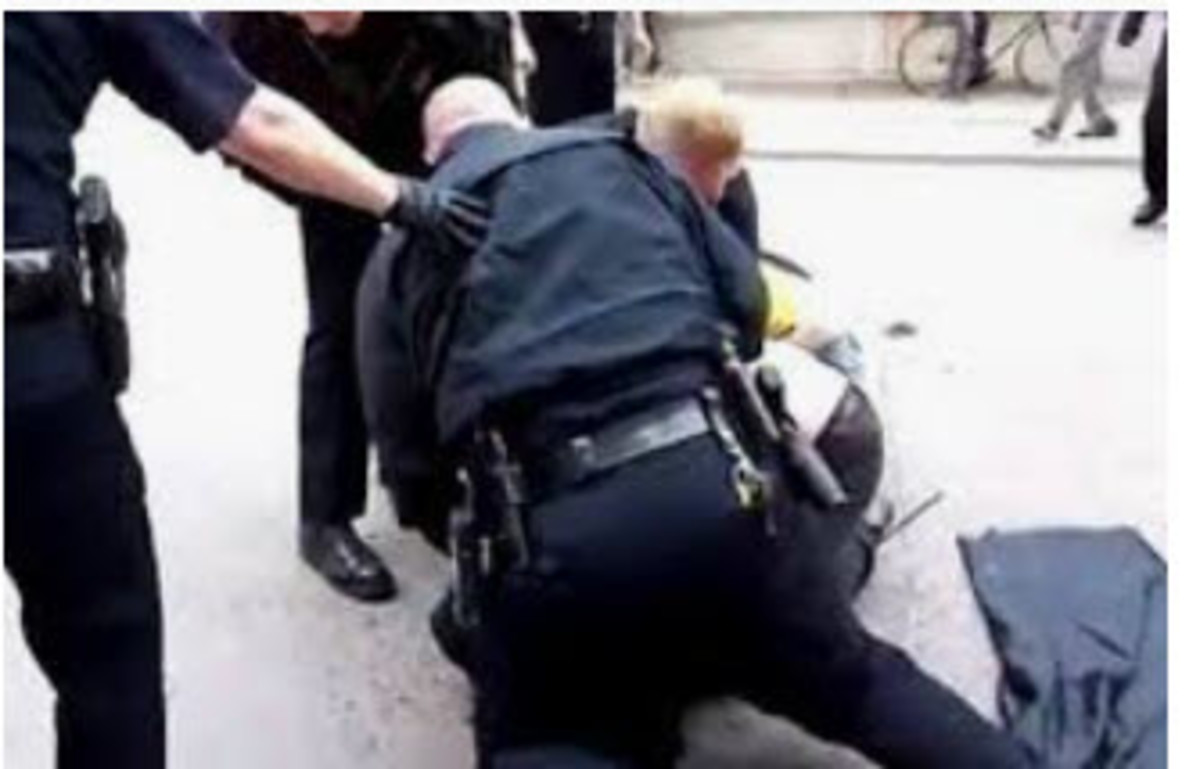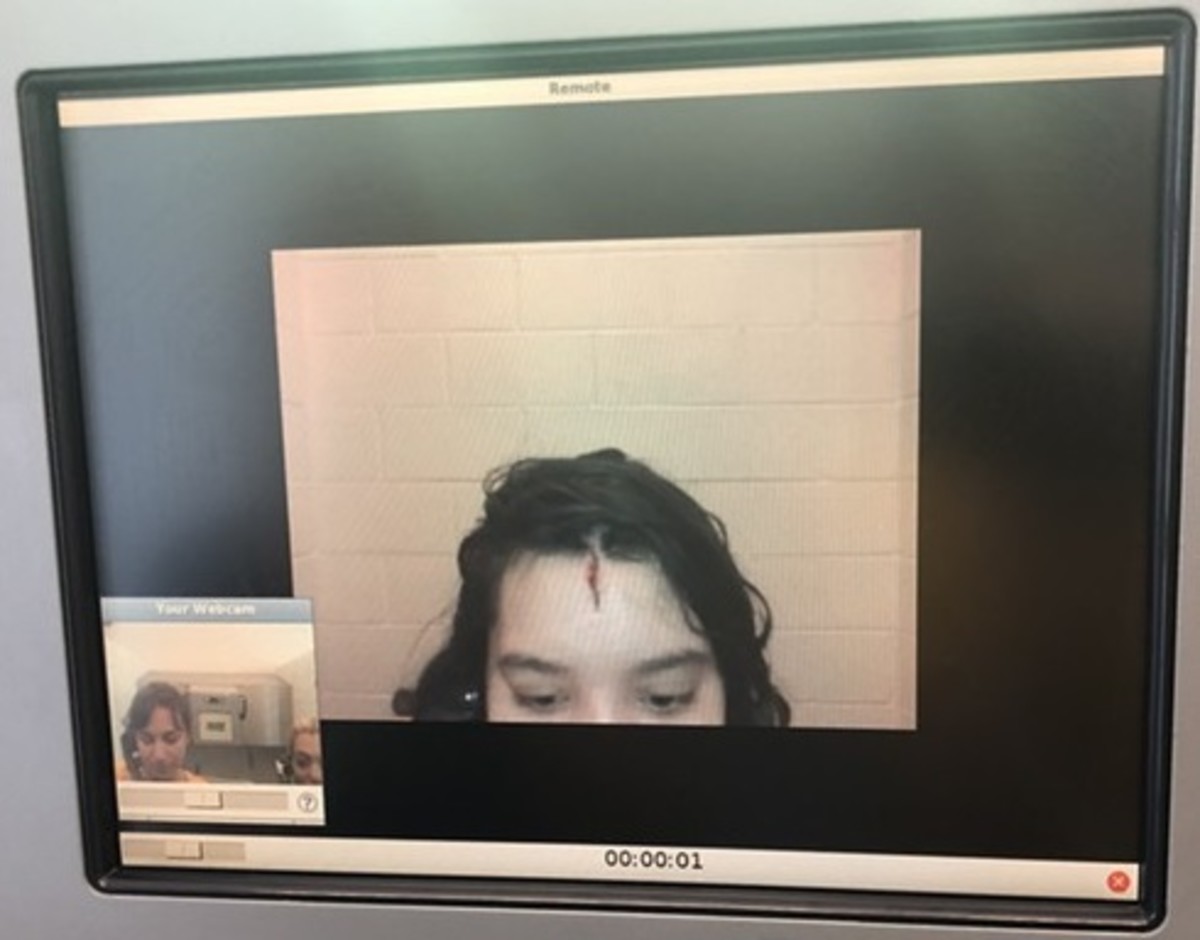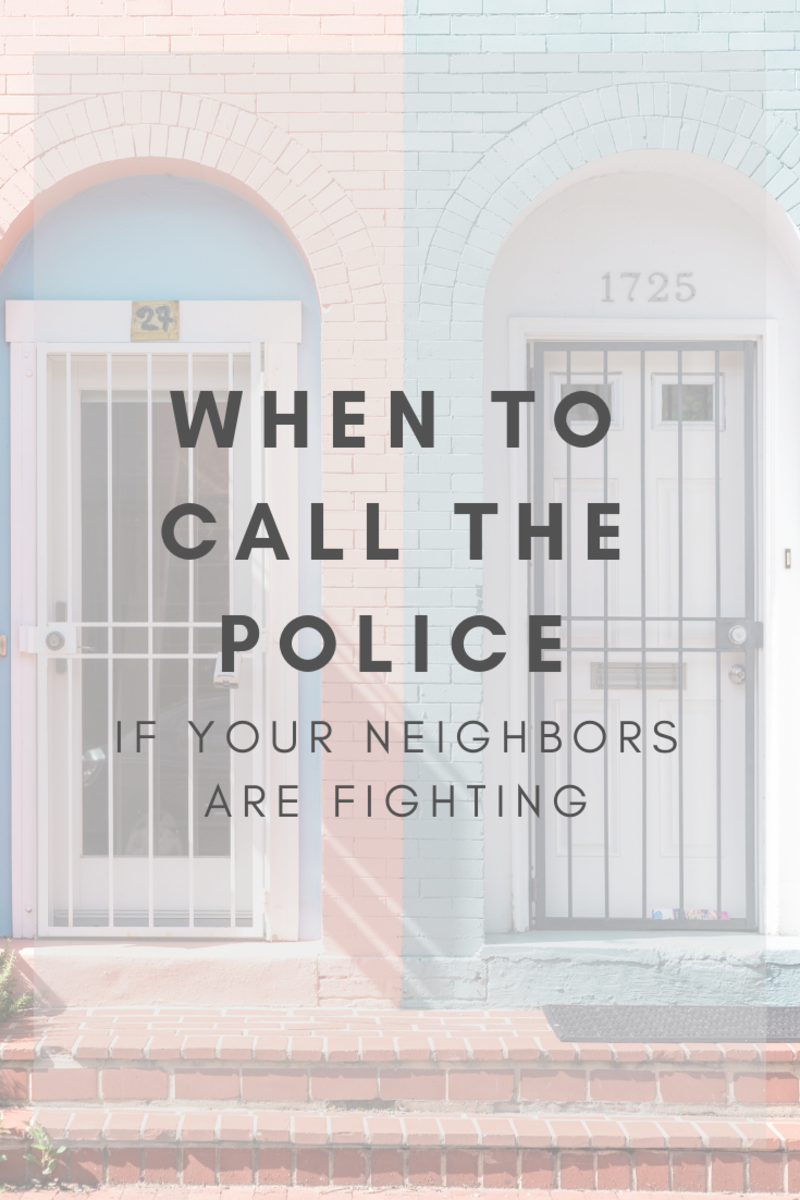The black community and expression of outrage
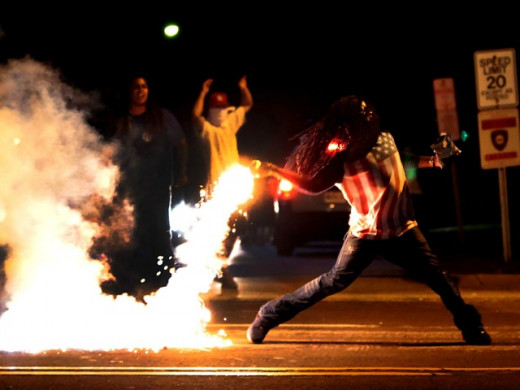
My solution to the black/police problem
With the spotlight on Ferguson Missouri over the past 10 days, we've seen what happens when a community lives under the pressure of constant harassment and dehumanization. While there has been a ton of media attention, and rightly so, about the police response, the police militarization and the police tactics in handling protestors, there should be some mention about police interaction with a community.
Firstly, in the black community, there is a distrust of police. There is no other way to put it and it's best said in plain English. This is due to a number of factors, firstly the way the community is policed around the country. While it's common knowledge and widely recorded that black people make up a disproportionate amount of the prison population in almost every state versus their population, I put forth that a lot of this comes as a result of policing. For instance, if 1 in 10 people smoke marijuana, and you search 90 out of 100 black people, then you will consequently arrest about 9 people. Now if you search 10 out of 100 white people, then you might arrest 1 person. This will tell you, just looking at arrest numbers, that black people smoke marijuana at a rate of 9 to 1, however this is not always the case, it's just that there are 9 times the arrests and if we look at searches then we will see that this number is reflective of the way the two communities are policed.
Now I can understand the police policy in doing this as well. From a historical perspective officers have gotten many arrests by simply searching most the black people they pull over. More arrests means you are doing a great job. What they don't understand is they could be doing a much better job if they simply applied the search 90 out of 100 rule to white people as well as black people. The reason they don't do this are many and more I'm certain. There is less suspicion in the white community, there is more negative repercussions for unsuccessful searches among white people, there is more pressure and negative attention for bogus searches among white people, there are less odds based on past experience (again, due to the way they've done it all along) of finding drugs on white people who have been stopped.
Seeing first hand this at work, having been pulled over in the past while driving a white friends car and the officer asked if he could search the vehicle, then I tell him that the car belongs to my friend in the passengers seat, the officer looks in the window and says that I can go, he no longer wants to search the car, illustrates just how reluctant they are to search the vehicle of white people. In the case I provided as well, my white friend had marijuana on his person, enough for a felony conviction if the officer took the time he was willing to take to with me. That showed me first hand how the conviction numbers can be skewed by officers not taking the time to do what they were only moments before willing to do.
I do offer a solution to these problems however, a way to help make the relationship between the police and the black community better. If an officer is going to be assigned to work in a community, they should have to live in that community. I feel that no matter what color the residents are or the officers are, they should be neighbors. First, this would make the people of that community actually people to the officers. They would be on a first name basis with those they were sworn to serve and protect.
Secondly, it would raise the level of trust in the community for the officer. Officer Jones would become Tommy down in 2B. This would provide the community someone on the force who they could go to and talk about their issues and someone who they felt comfortable reporting crime to that would treat the victim with dignity and the criminal with a fair hand.
Thirdly, it's a lot harder to be callous with people you know. You would have to take an extra level or responsibility in your job since these are now people you are policing. You are now working with the parents of your kids friends in school, you are now working with your children's friends and team mates. You are now part of "us" and no longer one of "them." I don't think this would be something that is out of line for cities to implement for their police officers and I think if they did that, there would be a lot more respect for the police in the communities they work in on a daily basis. Their jobs would be safer and the community would be safer as a result.



